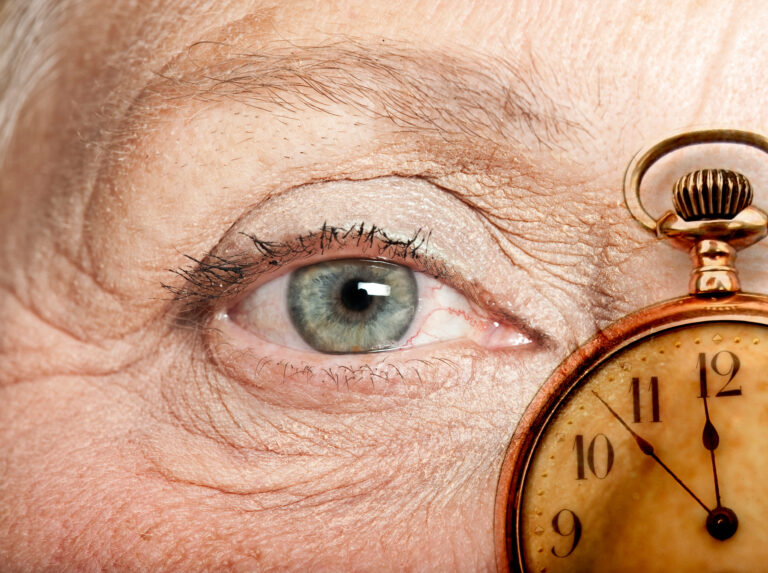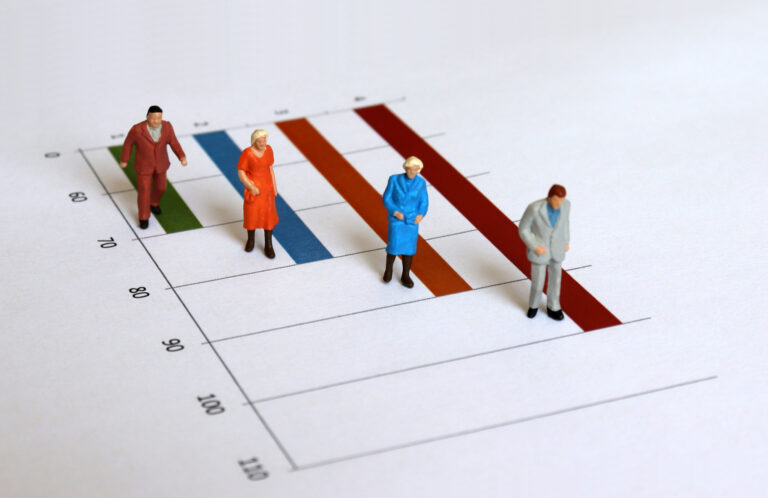Acne is often associated with teenagers, but it can also affect adults, sometimes referred to as “senior acne.” This condition can be puzzling, especially for those who never experienced acne in their youth. So, why do some people develop acne later in life?
One of the primary reasons for adult acne is hormonal changes. During menopause, women experience a decrease in estrogen levels, which can lead to an increase in the effects of male hormones called androgens. These hormones stimulate the sebaceous glands to produce more sebum, the skin’s natural oil. Excess oil can mix with bacteria and dead skin cells, clogging pores and leading to acne[2][3].
Genetics also play a significant role in adult acne. If you have a family history of acne, you might be more prone to developing it, even in adulthood. This is because genetic factors can influence how your skin responds to hormonal changes and other environmental factors[1][3].
Diet can also contribute to adult acne, although it’s not as straightforward as once thought. While consuming chocolate or greasy foods might not directly cause acne, a diet high in sugar and refined carbohydrates can increase insulin levels. This, in turn, can stimulate the growth of sebaceous glands and increase sebum production, making acne more likely[3].
Stress and certain medications can also exacerbate acne. Stress can affect hormone levels, and medications like corticosteroids, testosterone, or lithium can lead to acne as a side effect[1].
Understanding these factors is crucial for managing adult acne effectively. By addressing hormonal imbalances, maintaining a balanced diet, and avoiding triggers, you can reduce the occurrence of acne and improve your skin health. Consulting a dermatologist can provide personalized advice and treatment options tailored to your specific needs.





